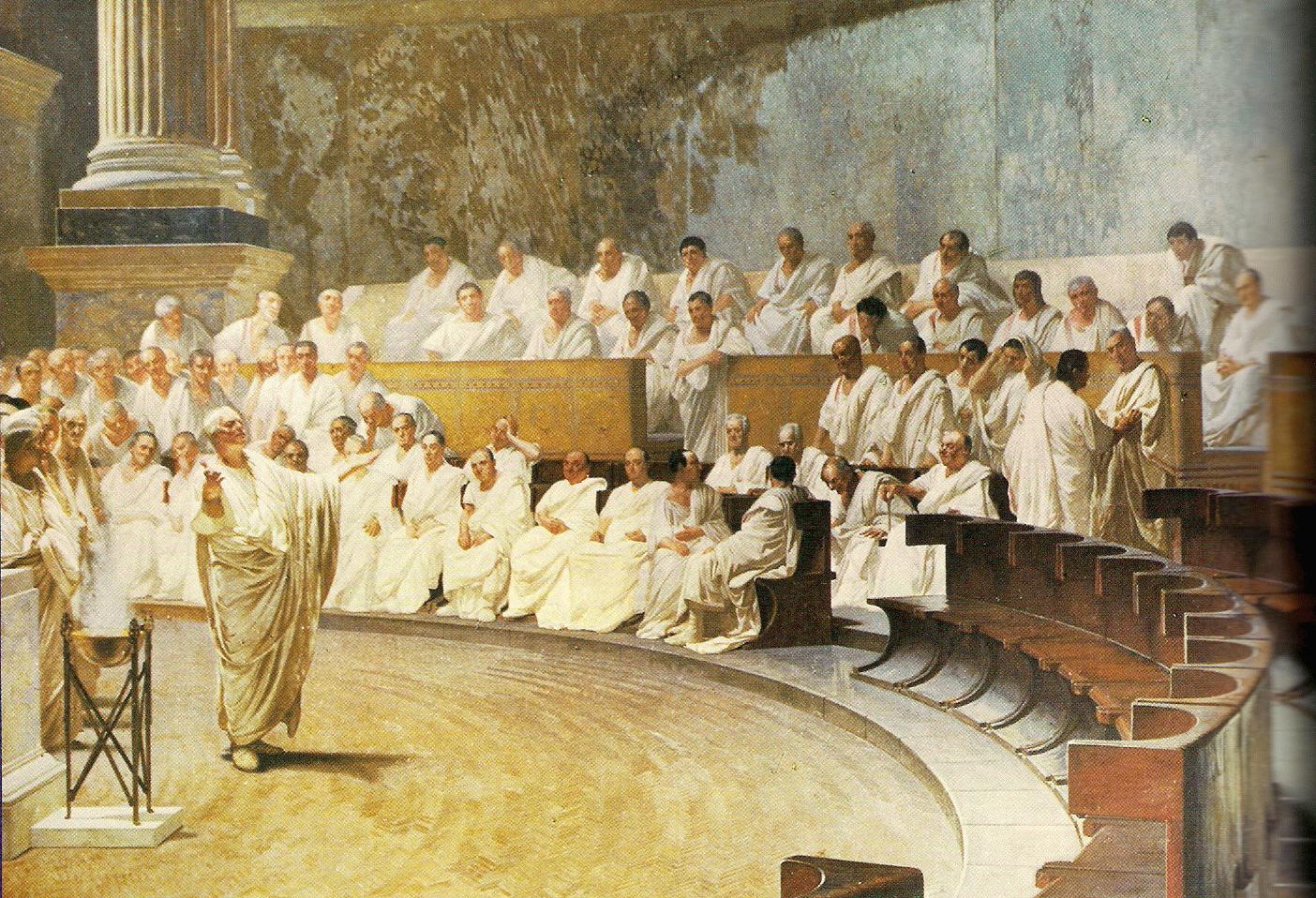Strategy
The word “strategy” is derived from the word “stratiyeia,” comprising of two Greek words: “stratos” meaning army, and “ago” which in ancient Greek denotes guiding, moving, and leading. Armies that is. The very stratagem eth ancient generals used to deploy their forces and defeat the enemy, is “strategy.” A strategy defines goals and how they are achieved within the limits of one’s resources.
What did the Greek’s achieve by formulating strategies:
A functioning system of government, Democracy.
The word democracy (dēmokratia) derives from dēmos, which refers to the entire citizen body, and Kratos, meaning rule. The majority won the day and the decision was final. Nine presidents (proedroi), elected by lot and holding the office one time only, organised the proceedings and assessed the voting. n tandem with all these political institutions were the law courts (dikasteria) which were composed of 6,000 jurors and a body of chief magistrates (archai) chosen annually by lot. Indeed, there was a specially designed machine of coloured tokens (kleroterion) to ensure those selected were chosen randomly, process magistrates had to go through twice. It was here in the courts that laws made by the assembly could be challenged and decisions were made regarding ostracism, naturalization, and remission of debt.
The Ekklesia
The Athenian democracy was made up of three important institutions. The first was the ekklesia, the governing body of Athens. Any member of the demos--any one of those 40,000 adult male citizens-- (Nobody else was considered demos) was welcome to attend the meetings of the ekklesia, which were held 40 times per year in a hillside auditorium west of the Acropolis called the Pnyx. (Only about 5,000 men could attend each session of the Assembly, although attendance differed depending on the topic. At the meetings, the ekklesia made decisions about war and foreign policy, wrote and revised laws and approved or condemned the conduct of public officials. The group made decisions by simple majority vote, raising hands.
The Boule
group made decisions by simple majority vote, raising hands.
The Boule The second important institution was the boule. A group of 500, 50 from each of ten Athenian tribes, who served on the Council for one year. Unlike the ekklesia, they met everyday and handled most of the day to day running of the state. It supervised government workers and was in charge of things like navy ships etc. It also met with ambassadors and representatives from other states. Its main function was to decide what matters would come before the ekklesia. (Similar to the European Commission proposing legislation for the European Parliment)
Jobs in the boule were chosen by lot. This was because, in theory, a random lottery was more democratic than an election: pure chance. However, historians argue that selection to the boule was not always just a matter of chance.Influential/rich people won more often then they should have statistically.
Positions on the boule were chosen by lot and not by election. This was because, in theory, a random lottery was more democratic than an election: pure chance, after all, could not be influenced by things like money or popularity. The lottery system also prevented the establishment of a permanent class of civil servants who might be tempted to use the government to advance or enrich themselves. However, historians argue that selection to the boule was not always just a matter of chance. They note that wealthy and influential people--and their relatives--served on the Council much more frequently than would be likely in a truly random lottery.
The Dikasteria
The Dikasteria The third important institution was the popular courts. Every day, more than 500 jurors were chosen by lot from a pool of male citizens older than 30. Of all the democratic institutions, Aristotle argued that the dikasteria “contributed most to the strength of democracy” because the jury had almost unlimited power. There were no police in Athens, so it was the demos themselves who brought court cases, argued for the prosecution and the defence, and delivered verdicts and sentences by majority rule.

The End of Democracy (For them)
Around 460 B.C., Athenian democracy began to evolve into another form. Though democratic ideals and processes did not survive in ancient Greece, they have been influencing politicians and governments in the western world ever since.